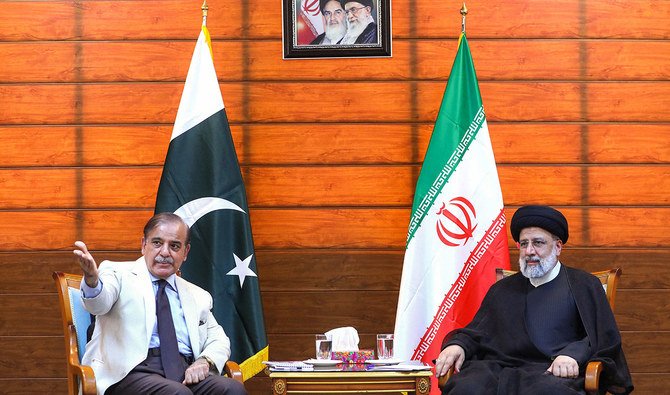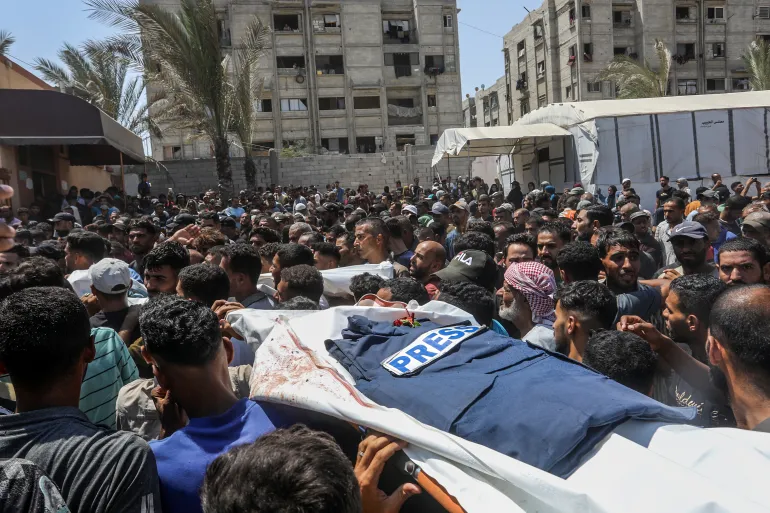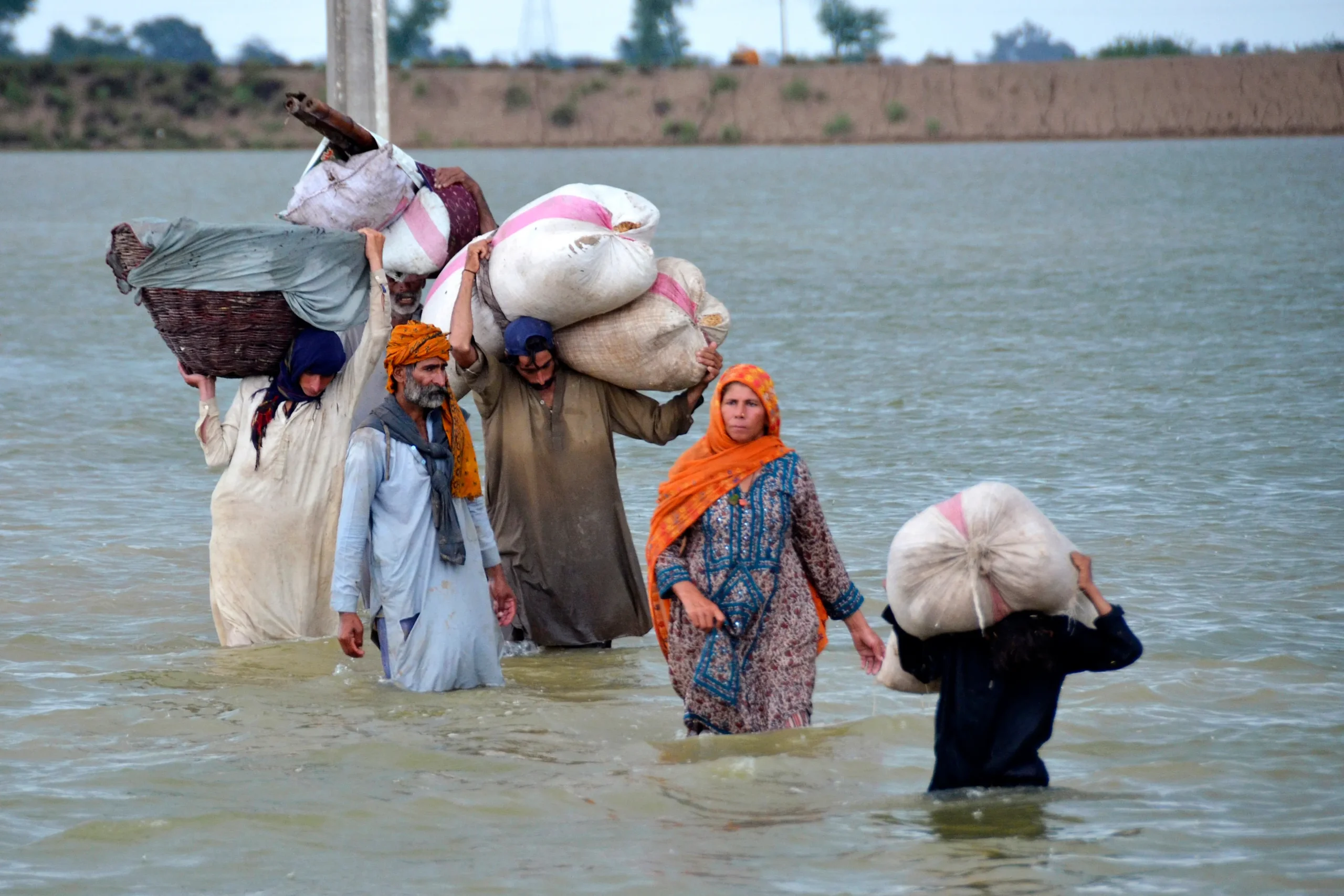Naveed Jeelani
The tragic helicopter crash that claimed the lives of Iranian President Ebrahim Raisi and Foreign Minister Amir Abdollahian has deeply affected both Iran and its neighbouring country, Pakistan. The news of this untimely loss has shocked many in Pakistan, given the close relations between the two countries. The timing of this tragic event is particularly poignant, as President Raisi had recently visited Islamabad in May to strengthen relations, which were perceived to be strained after recent border skirmishes.
President Raisi’s visit to Pakistan held significant importance against the backdrop of regional dynamics. Both Iran and Pakistan face various domestic and international challenges, including security threats, economic hardships, and geopolitical complexities. These shared issues have brought the two nations closer as they seek avenues for cooperation to address mutual concerns related to security, economy, and regional geopolitics.
The recent visit was seen as an effort to mend ties between Iran and Pakistan following the border skirmishes, which involved missile strikes from both sides, attributed to the presence of terror outfits operating in each other’s territories. Additionally, Iran’s international pressures, especially after its recent tensions with Israel, may have contributed to the significance of President Raisi’s visit to Pakistan.
Iran’s efforts to foster alliances and navigate political challenges regionally are evident in its attempts to improve relations with neighboring countries and its strengthening ties with China. The strategic outlook of Iran has been evolving, and President Raisi’s visit to Pakistan aimed to explore new avenues for cooperation and address any existing issues in the relationship. Pakistan views Iran as a crucial neighbour that should be positively engaged, especially in light of regional changes and developments.
Despite the potential for trade along their 562-mile border, security concerns have historically marred the relationship between Iran and Pakistan. Both nations share deep cultural ties, with Pakistan hosting the largest Shia population outside of Iran and Pakistan being the only nuclear-armed state in the larger Muslim world. These factors contribute to the exceptional strategic space that Pakistan occupies in Iranian and regional geopolitics.
While the overall relations between Pakistan and Iran have been peaceful, terrorism remains a significant challenge that undermines the security of both countries and the broader region. Terrorist outfits such as the Islamic State of Khorasan (ISKP), Tehreek-e-Taliban Pakistan (TTP), and the Baloch Liberation Army (BLA) continue to pose threats to civilians and security forces on both sides of the border.
The rise in terrorist activities has hindered prospects for peace, trade, and people-to-people interaction. It has also led to increased security concerns, including attacks on infrastructure and civilians, such as the targeting of Pakistani pilgrims travelling to Iran. Addressing terrorism requires a comprehensive and coordinated approach, including intelligence sharing, border patrolling, and community engagement on both sides.
In addition to security challenges, economic integration between Pakistan and Iran has significant potential, but it faces obstacles such as smuggling and limited input from the business community in policy-making. The impact of international sanctions on Iran further complicates economic cooperation, affecting trade, financial interactions, and stalled projects such as the Iran-Pakistan pipeline.
As the international community steers the implications of Iran’s foreign policy following President Raisi’s passing, it is essential to recognize the positive steps taken to improve relations with neighbouring countries and promote regional peace. The legacy of President Raisi’s efforts to strengthen ties with Pakistan will be remembered as a positive contribution to bilateral relations and regional stability.
The relations between Iran and Pakistan are crucial due to their shared borders and intertwined geopolitical, economic, and security interests. The two countries face similar challenges, such as security threats, economic hardships, and geopolitical complexities. Strengthening ties and cooperation between Iran and Pakistan is essential for addressing mutual concerns related to security, economy, and regional geopolitics. Additionally, both nations share deep cultural ties, with Pakistan hosting the largest Shia population outside of Iran, further underlining the significance of their relationship. Despite facing obstacles such as security concerns and economic integration, the potential for trade and collaboration along their border is substantial. Moreover, given the rise in terrorist activities posing threats to both countries, a collaborative and coordinated approach is necessary to address these challenges and promote regional peace and stability.















